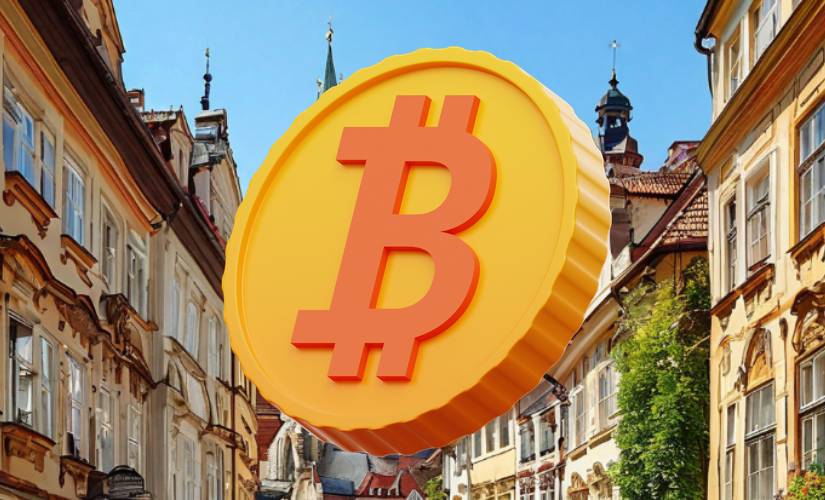The authorities of the Czech Republic decided to free bitcoin from income tax after 3 years of storage
-
Altcoin News
Bitcoin news
Blockchain News
blog
DeFi News
Exchange News
General
Market News
Prediction
Без рубрики

2025/02/21
2 mins read
Czech President Pyotr Pavel officially signed the law according to which the owners of Bitcoin (BTC) are exempted from tax on capital if the asset is stored for more than 3 years. This step makes the country one of the most friendly for long -term investors in cryptocurrency.
Earlier, the Czech parliament unanimously supported this bill. The vote took place on December 6, 2024. Now the document officially entered into force after the signing by the Head of State. Until this point, any transactions with bitcoin were taxed on income tax, regardless of the term of ownership of the asset. The new law changes the situation and stimulates citizens to invest in a digital coin for a long time without tax obligations.
Experts believe that this approach will increase the popularity of BTC among the inhabitants of the Czech Republic and make the country attractive to crypto -investors. In addition, this can push other European states to revise the tax policy regarding digital assets.
This law puts the Czech Republic on a par with countries such as Germany, where the tax benefit for long -term storage of cryptocurrencies also applies. Now the Czech Republic can become an important center for crypto -investors in Europe.
Earlier, the head of the Czech National Bank, Alesh Mikhl, announced that the authorities are considering the possibility of buying bitcoins to diversify the country’s foreign exchange reserves. However, he noted that this step will not be a large investment from the bank. At the moment, the question of whether the BTC’s limited proposal can protect against inflation remains open. These discussions emphasize the growing interest in digital currencies not only among private investors, but also at the state level.
An error in the text? Highlight it with the mouse and click Ctrl + Enter

